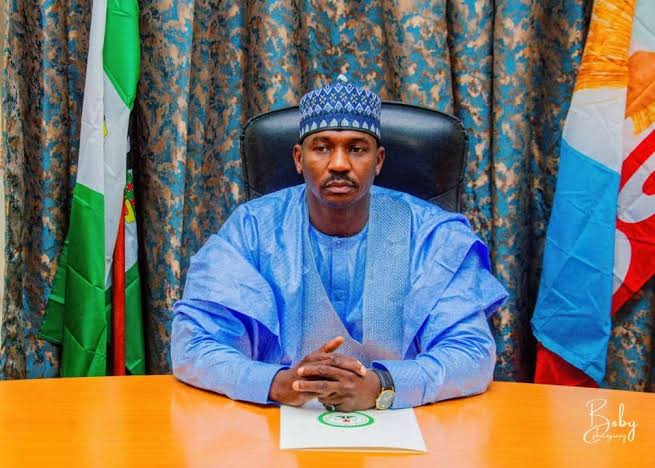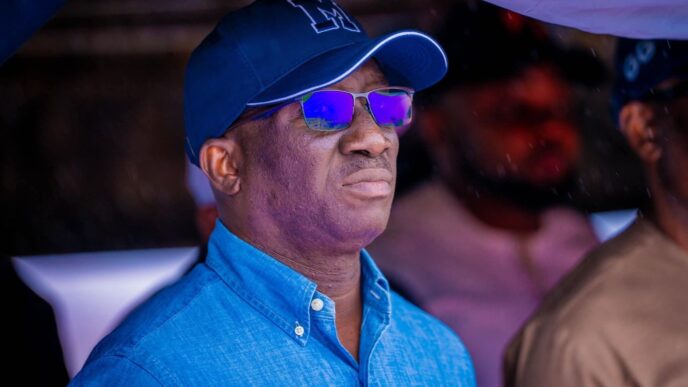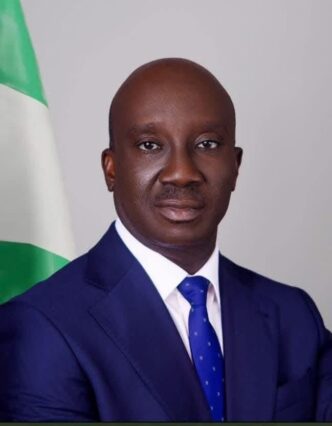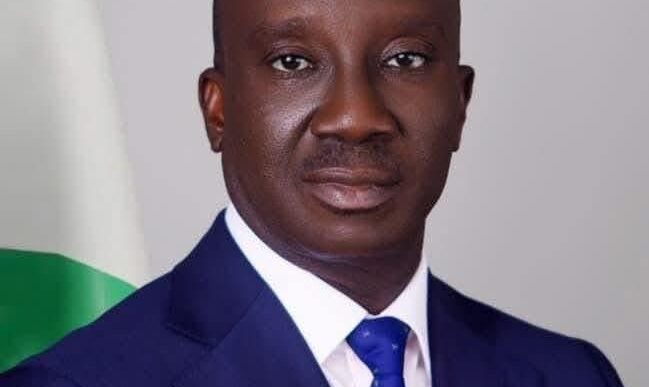Despite its status as Africa’s largest oil producer, Nigeria continues to wrestle with a vexing paradox: persistent energy insecurity, widespread energy poverty, and rising environmental vulnerability. At the center of this is the “energy trilemma”—a global framework, articulated by the World Energy Council, that compels nations to balance three often-conflicting goals: security of energy supply, universal access and affordability, and environmental sustainability.
Nowhere is this balancing act more difficult—or more urgent—than in Nigeria.
Power outages, grid collapses, and infrastructure decay have become distressingly commonplace. Crude oil theft and gas pipeline sabotage, once treated as background noise, have grown into systemic threats. Despite abundant reserves, energy access remains staggeringly low, particularly in rural areas, while overreliance on fossil fuels undermines progress toward a greener, more resilient future.
Still, progress is underway driven not only by government reform efforts but also by strategic interventions from International Oil Companies (IOCs) and private security firms. The Nigerian National Petroleum Company Limited (NNPC Ltd), in partnership with IOCs, has begun investing in refining capacity, gas commercialization, and local content development. Domestic Crude Supply Obligations are helping stabilize refinery inputs, while carbon credit initiatives and renewable investments signal a shift toward climate-conscious energy strategies.
Equally important is the resurgence of private sector-led security. Local firms like Tantita Security Services Nigeria Ltd and Pipeline Infrastructure Nigeria Ltd have stepped up where traditional law enforcement struggled. Their territorial knowledge and operational agility have helped curb oil theft, restoring production from under 700,000 barrels per day to over 2.5 million—a comeback with direct implications for foreign exchange earnings, inflation, and investor confidence. However, these interventions must not be mistaken for a solution. Nigeria’s energy future cannot rest on stop-gap measures or isolated success stories. Without long-term investment in renewable energy, grid modernization, and equitable access, the country will remain shackled by its energy past.
For policymakers and industry leaders, the charge is clear: embed the trilemma into every decision—whether it’s subsidy reform, privatization, or rural electrification. Energy policy is no longer a technical discussion; it is a strategic imperative. Nigeria’s energy sector is at an inflection point. What’s needed now is not just more energy—but more responsible, inclusive, and future-ready energy. That is the mark of a mature economy. And that is the challenge we must meet head-on.
Lucky Ighoyota,
A Consultant Energy Economist,
Policy and Public Affairs Analyst,
Strategic Media Communicator,
Social Critic.
Writes from Warri, Delta state.
16/06/2025
igholuck@yahoo.com
Gatekeepers News is not liable for opinions expressed in this article, they’re strictly the writer’s









